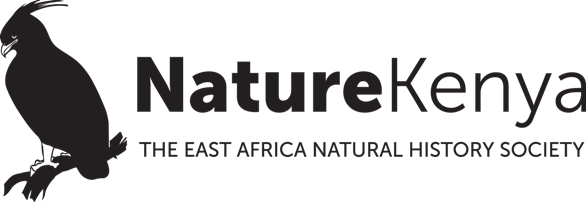Poisoning still remains a major threat to wildlife conservation. Efforts undertaken by conservation stakeholders have ensured that communities are more vigilant and quicker in reporting wildlife poisoning cases. A recent occurrence in Maasai Mara is a testimony of how community rapid response to poisoning incidents can prevent secondary wildlife deaths.
In August, a local community member came across a dead hyena at the border of Olare Motorogi Conservancy in the Maasai Mara area. Suspecting the hyena had died of poisoning, he instantly reported the incident. A rapid response team was immediately dispatched to the scene to inspect the carcass. Upon examination, it was confirmed the hyena had indeed died of poisoning. The carcass was then safely disposed of and the scene decontaminated. Timely reporting of the incident meant there were no resultant vulture deaths.
Poisoning is the biggest threat to Africa’s vultures, accounting for 60% of their deaths. Seven of Africa’s 11 vulture species now face imminent extinction, with their decline being alarmingly rapid: a plummet of 80-97% over just three generations. Four out of the seven species are now listed as Critically Endangered.
Preventing Poisoning to Save Africa’s Vultures’ is financed by BAND Foundation and jointly implemented by Nature Kenya, The Peregrine Fund and BirdLife International. This work in Kenya is also supported as part of a programme to tackle vulture poisoning running jointly across Kenya, Botswana and Zimbabwe, funded by Fondation Segré.
